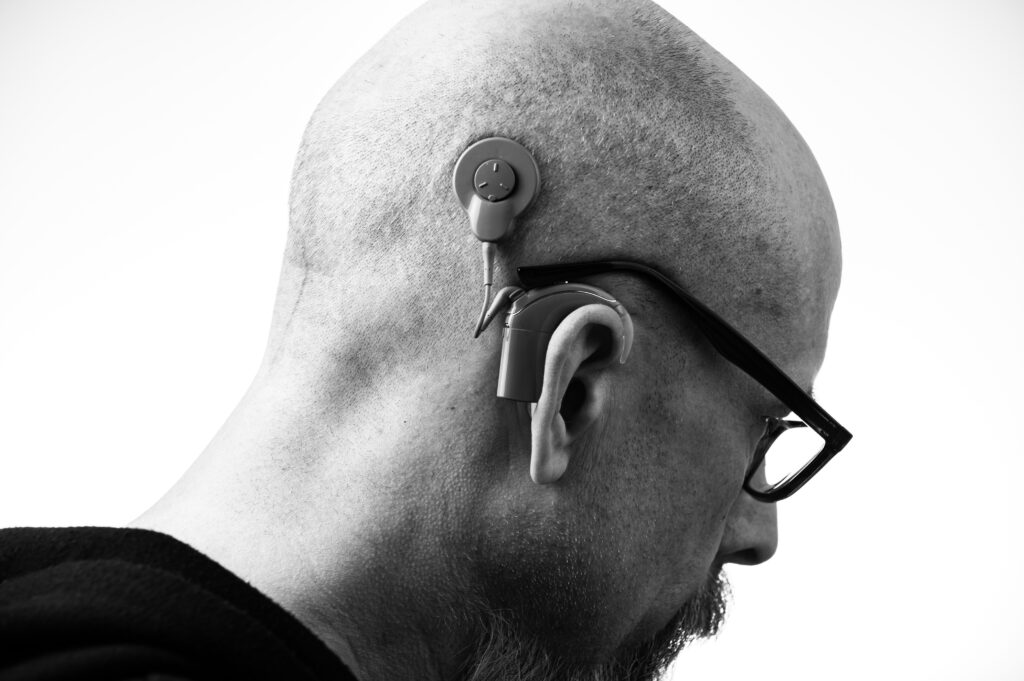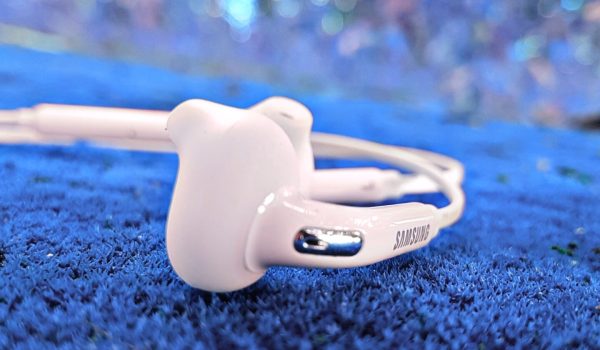Exploring the overlooked connection: Dementia and hearing loss

Greetings to our devoted readers!
In today’s piece, we’ll explore an often overlooked but highly influential aspect of dementia care: the link between hearing loss and dementia. As we navigate the stages of life, certain aspects of our health inevitably change, and our sense of hearing is not immune to this phenomenon.
Understanding Communication: Cognitive Health and Hearing Challenges
For many, the intersection of hearing loss and dementia remains uncharted territory. Groundbreaking research, such as that conducted at the renowned Johns Hopkins University, has drawn attention to this connection. Collected insights show that individuals with hearing problems may have an increased susceptibility to dementia. But what drives this connection?
Cognitive Strain: Think of your brain as a multi-tasking genius. When it’s continually tasked with interpreting muffled or unclear sounds, other cognitive functions, like memory retention, could be overshadowed, leading to faster cognitive decline.
The Solitude Spiral: The exasperation of being in social situations but feeling out of the loop due to hearing challenges can be overwhelming. This might result in an increasing detachment from social situations, fostering feelings of isolation. Diminished social activity, sadly, has been linked with quicker cognitive decline.
Neural Adjustments: Current discussions among neurology experts hint at the possibility that prolonged hearing difficulties might induce subtle changes within the brain, rendering it more susceptible to disorders like dementia.
Tackling the double challenge: Dementia and hearing loss
When someone is already navigating the waters of dementia, the addition of hearing problems can further muddy those waters:
Interpretative Hurdles: Miscommunication and misunderstandings can introduce additional layers of confusion, often leading to heightened anxiety for dementia patients.
Avoidance of Group Settings: Reduced hearing clarity can deter individuals from taking part in group activities, furthering their sense of isolation.
Safety Concerns: The inability to pick up on certain sounds or alerts can lead to potential safety hazards, like not recognizing a warning beep or siren
Practical Solutions for Addressing the Challenge
Despite these challenges, there are actionable steps to make things more manageable:
Timely Intervention: Regular hearing check-ups and adopting aids early on can significantly improve quality of life.
Optimal Environment: Adequate lighting can aid in lip-reading, and ensuring ambient noise levels remain moderate can facilitate better hearing.
Clear and Calm Communication: Speaking distinctly, maintaining eye contact, and avoiding loud or aggressive tones can aid in better understanding.
Ensuring Accessibility: Incorporating visual aids or tactile activities can be beneficial in ensuring everyone remains engaged.
.
Harnessing the Power of Modern Tech

Modern solutions offer a glimmer of hope. The latest hearing aids, designed to cater to individual needs, have proven transformative. Additionally, apps providing real-time conversation transcription can play a pivotal role in bridging the communication gap.
Final Thoughts While the journey through dementia care presents its share of challenges, it is revelations like these that can guide caregivers towards more informed and compassionate care strategies. We remain committed to enriching the lives of those affected and ensuring they experience warmth, joy, and dignity.
Join us in our continued exploration at Innovative Care of Dementia. We genuinely appreciate your engagement and interest. Until next time, stay informed and continue to make a difference!

